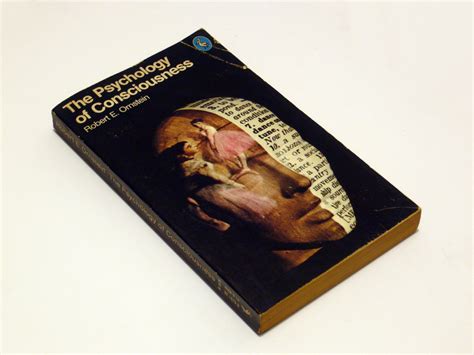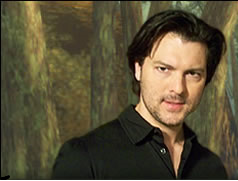A Quote by Tian Dayton
Our limbic system sets the mind's emotional tone and stores our highly charged emotional memories.
Related Quotes
Emotional dependence is the opposite of emotional strength. It means needing to have others to survive, wanting others to "do it for us," and depending on others to give us our self-image, make our decisions, and take care of us financially. When we are emotionally dependent, we look to others for our happiness, our concept of "self," and our emotional well-being. Such vulnerability necessitates a search for and dependence on outer support for a sense of our own worth.
It is as dangerous for people unaccustomed to handling words and unacquainted with their technique to tinker about with these heavily-charged nuclei of emotional power as it would be for me to burst into a laboratory and play about with a powerful electromagnet or other machine highly charged with electrical force.
Emotional self-control is NOT the same as overcontrol, the stifling of all feeling and spontaneity....when such emotional suppression is chronic, it can impair thinking, hamper intellectual performance and interfere with smooth social interaction. By contrast, emotional competence implies we have a choice as to how we express our feelings.
The way we get to live forever is through memories stored in the hearts and souls of those whose lives we touch. That's our soul print. It's our comfort, our emotional nourishment at the end of the day and the end of a life. How wonderful that they are called up at will and savored randomly. It seems to me we should spend our lives in a conscious state of creating these meaningful moments that live on. Memories matter.
The longer I live the more I am convinced that neither age nor circumstance needs to deprive us of energy and vitality. We are at last awakening to the close relationship between religion and health. . . .our physical condition is determined very largely by our emotional condition, and our emotional life is profoundly regulated by our thought life.
The animate earth - this moody terrain that we experience differently in anger and in joy, in grief and in love - is both the soil in which all our sciences are rooted and the rich humus into which their results ultimately return, whether as nutrients or as poisons. Our spontaneous experience of the world, charged with subjective, emotional, and intuitive content, remains the vital and dark ground of all our objectivity
Psychiatrists declare that most of our fatigue derives from our mental and emotional attitudes... What kinds of emotional factors tire the sedentary (or sitting) worker? Joy? Contentment? No! Never! Boredom, resentment, a feeling of not being appreciated, a feeling of futility, hurry, anxiety, worry-those are the emotional factors that exhaust the sitting worker, make him susceptible to colds, reduce his output, and send him home with a nervous headache. Yes, we get tired because our emotions produce nervous tensions in the body.































